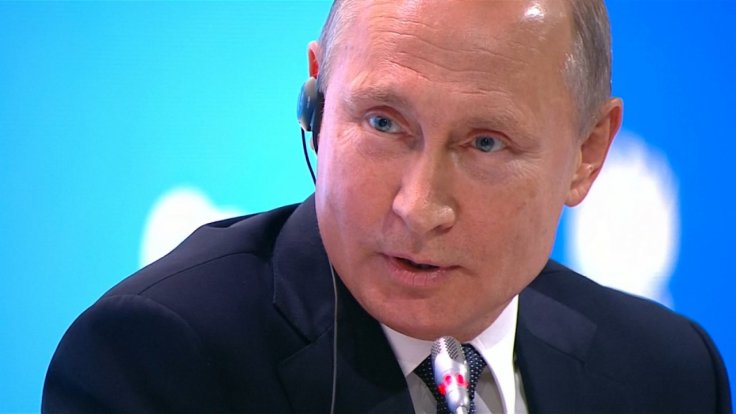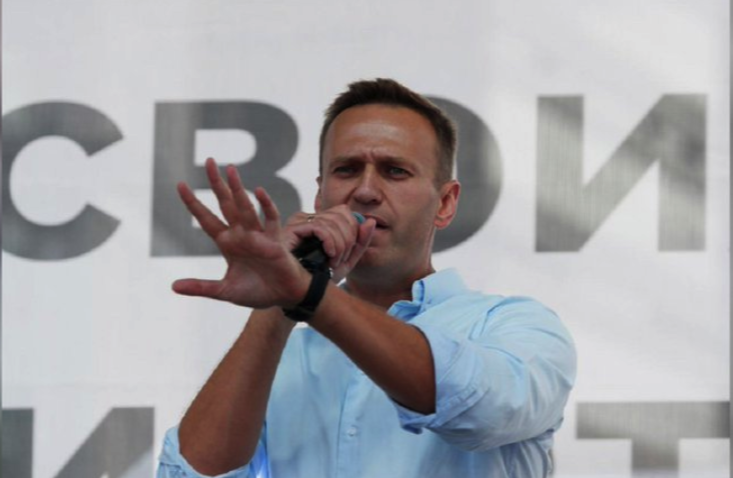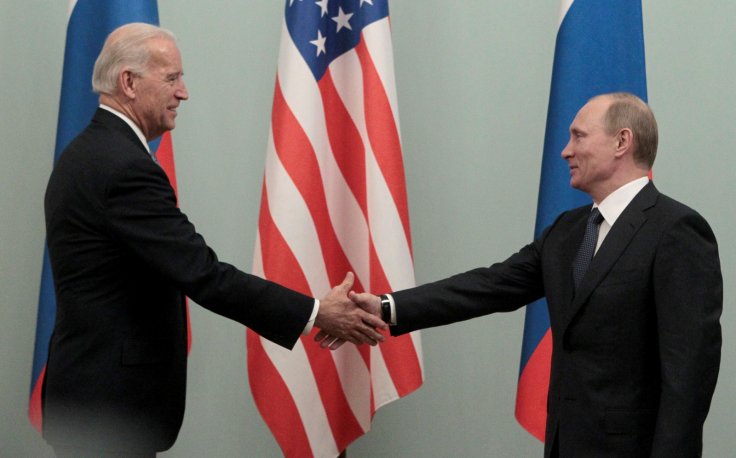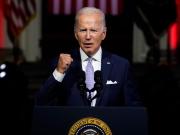Russian President Vladimir Putin said on Wednesday that jailed opposition leader Alexei Navalny got what he deserved when he was sentenced to prison and he can't guarantee if the dissident leader will come of prison alive. Putin made these remarks while speaking at a news conference in Geneva where he met US President Joe Biden.
Putin's comments came after Biden warned Russia of consequences if the jailed Navalny were to die in prison although he declined to specify which actions he would take. Navalny was arrested in January upon returning from Germany, where he spent five months after allegedly being poised by a nerve agent, which he blames on the Kremlin, while Russian officials continue to reject his claims.
Putin Makes it Clear

Putin said Navalny returned to Russia in order to be detained, knowing he had broken the law. Speaking at the press conference, without taking Navalny's name, said, "He deliberately moved [back to Russia] to be arrested."
He repeated the official Russian position that Navalny had violated bail conditions by going abroad while unconscious after apparent Novichok poisoning last year, and failing to check in with Russian legal officers as required. "He consciously ignored the requirements of the law," Putin said.
"The gentleman in question went abroad for treatment. As soon as he went to the hospital he showed his videos on the internet. ... He wanted consciously to break the law. He did exactly what he wanted to do. So what kind of discussion can we be having (about him)?"

The Kremlin also outlawed all the organizations founded by Navalny last week and labeled him an extremist. This is believed to be the latest step toward silencing Navalny and bar Kremlin critics from running for parliament in September.
Navalny's Fate Uncertain
The dissident leader was arrested in January when he returned from Germany, where he was treated at a Berlin hospital for five months as while recovering from a poisoning. Navalny contends Russian agents applied the nerve agent Novichok to his underwear in August, a claim Kremlin has denied.
In February, Navalny was handed a two-and-a-half-year prison term for violating terms of a suspended sentence he had been given after a 2014 embezzlement conviction he has claimed is politically motivated.

Putin's remarks come after Biden criticized Russia and warned of consequences if Navalny died in prison. "I made it clear to him that I believe the consequences of that would be devastating for Russia," Biden said.
"What do you think happens when he's saying it's not about hurting Navalny, all the stuff he says to rationalize the treatment of Navalny, and then he dies in prison?... It's about trust. It's about their ability to influence other nations in a positive way."
Biden's concerns and the eventual remarks come after Putin in an interview last week with NBC News denied ordering the poisoning of Navalny but also hinted at him serving his entire life in prison. "We don't have this kind of habit of assassinating anybody," Putin said last week, but he would not guarantee that Navalny would get out of prison alive.
"Look, such decisions in this country are not made by the president," Putin said. "He will not be treated any worse than anybody else."
That said, on Wednesday, Putin made clear his impression about Biden and the United States and slammed the law and order in the country. During the press conference, Putin equated Russia's response to dissent with the arrest of more than 500 supporters of former US President Donald Trump during the January 6 attack on the US Capitol. Putin contended the arrests had infringed on the protesters' rights to free speech.









